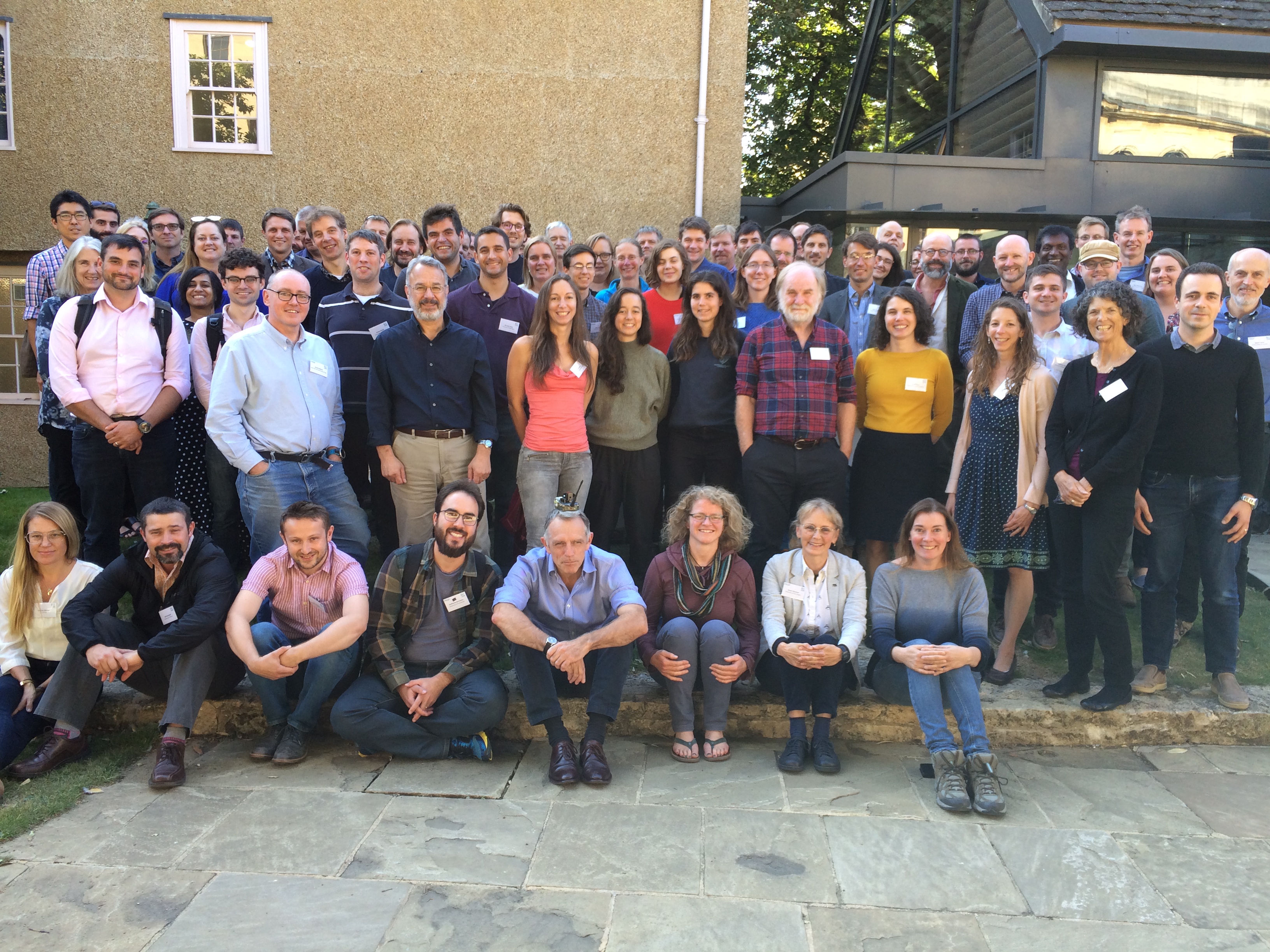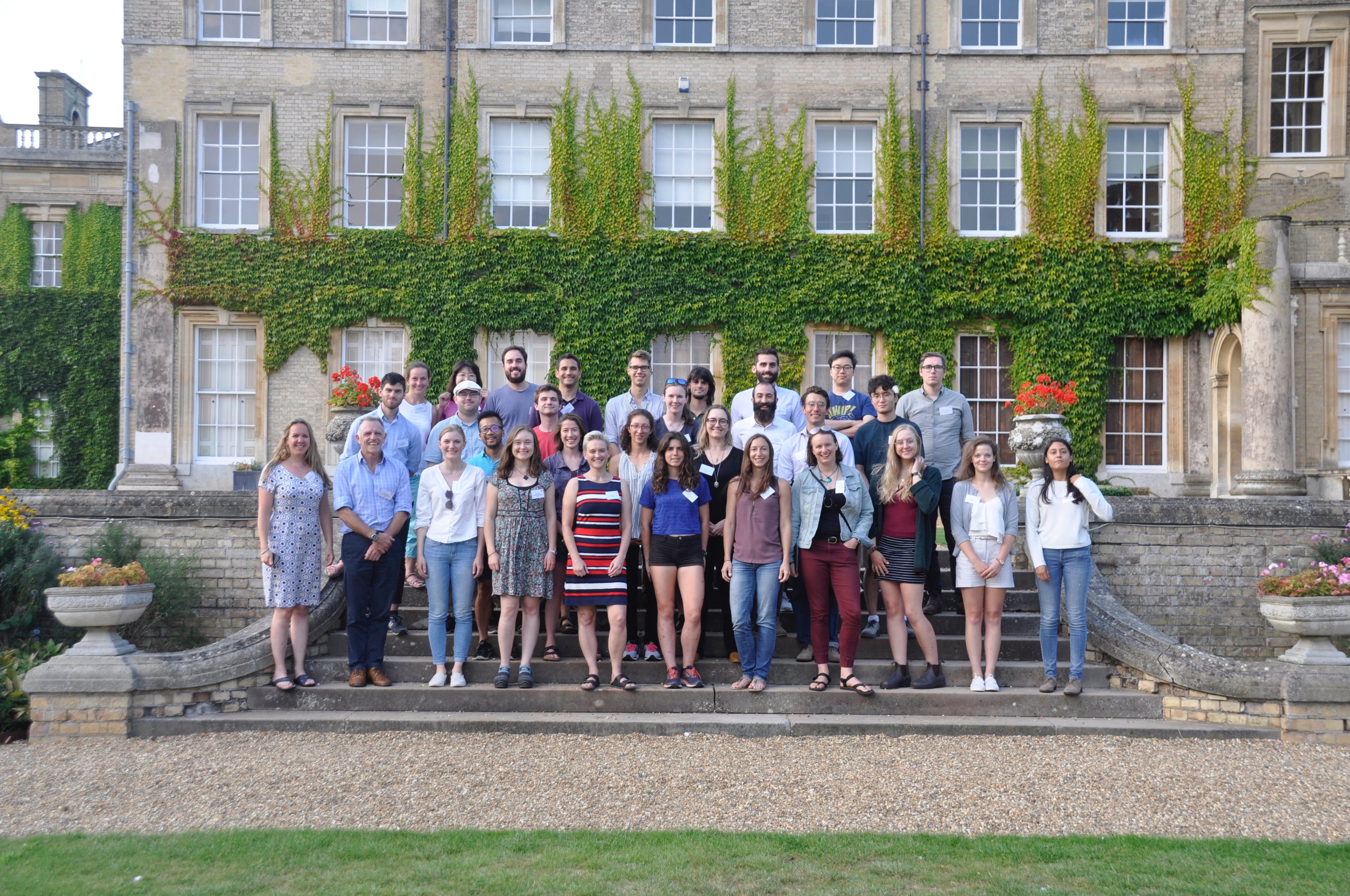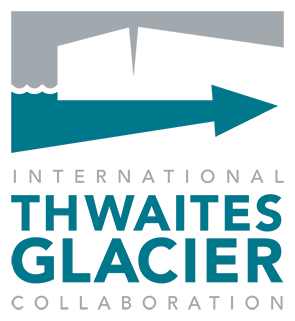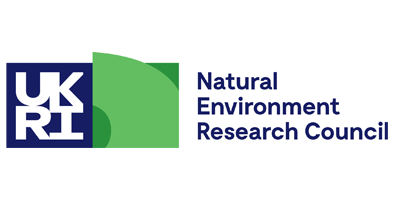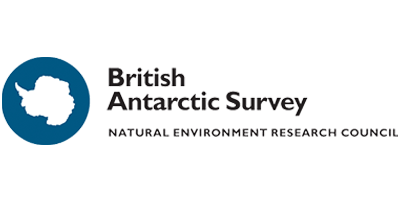Recent update from the ITGC
It has been a busy autumn (for those of us in the Northern Hemisphere) for the International Thwaites Glacier Collaboration (ITGC). And it is about to get much, much busier. Meetings have been held, bags have been packed, travel has begun, and preparations are well underway for the upcoming field season, which commences this month in Antarctica. Researchers have already begun to filter into the United States’ McMurdo Station, where most will gather to await transport to their field camps, and more are en route. Others are entering the continent through the United Kingdom’s Rothera Station on the Antarctic Peninsula.
Although the field season is only just beginning, ITGC scientists and staff have been hard at work year-round to keep the program running, with several noteworthy happenings taking place over the last several months. Highlights include the following.
- Because the scientific research conducted by ITGC requires travel to an extremely remote region of Antarctica, travel logistics require a substantial amount of time and attention. These logistics have been underway since the initial call for proposals was released in 2017, and are managed by the U.S. National Science Foundation (NSF) and the U.K. National Environment Research Council (NERC) with support from the U.S. Antarctic Program and the British Antarctic Survey (BAS). Travel logistics staff plan the transport of scientists and field science gear, ensure food, fuel, and shelter are in place in Antarctica, coordinate the transport of cargo and instruments to and from Antarctica, and coordinate with researchers to get them not just to Antarctica, but then to their remote field sites as well.
- Back in May, we held our first virtual meeting for the project leadership team, where both the ongoing research and the upcoming fieldwork were discussed. As a large international program with members located around the world, we are conscious of our carbon footprint and actively working to reduce it where we can. This was the first virtual meeting in a series planned for the five years of the program, which is part of a wider effort to cut down on our carbon footprint. In addition, we have taken several other steps to reduce our carbon footprint. We planned our more sizeable team meetings in 2018 and 2019 in conjunction with the other highly-attended Antarctic research meetings in order to reduce our team’s travel, and plan to continue that pattern.
- In an effort to engage our Early Career Researchers (ECR), we held our first “Next Generation Retreat” just outside Bury St Edmunds, U.K., from August 27 to 30. This retreat was led by the ECRs themselves, and about 40 participants were able to join, thanks in part of travel stipends granted by ITGC. Participants discussed collaborations and “community health” issues such as diversity and harassment.• In September, ITGC held the all-team meeting in Oxford, U.K. Researchers, logistics planners, support staff, and more met to discuss the outcomes of the first year of Thwaites Glacier research, to talk about future collaboration, and to finalize the plans for the upcoming field season. Nearly 100 people from five countries, including the U.S., U.K., the Republic of Korea, Sweden, and Germany, attended the meeting.
- At the end of September, the Sir David Attenborough, the new British research ship for the polar regions, was christened. It was named after the famous English broadcaster and naturalist.
Thwaites Glacier, which covers an area the size of Florida or Great Britain, is one of the fastest retreating glaciers in Antarctica. Scientists fear that a collapse of the glacier is imminent, which could lead to a significant increase in global sea levels within the next century. ITGC is a five-year, $50 million joint U.K and U.S. mission to learn more about Thwaites Glacier, its past, and what the future may hold.
